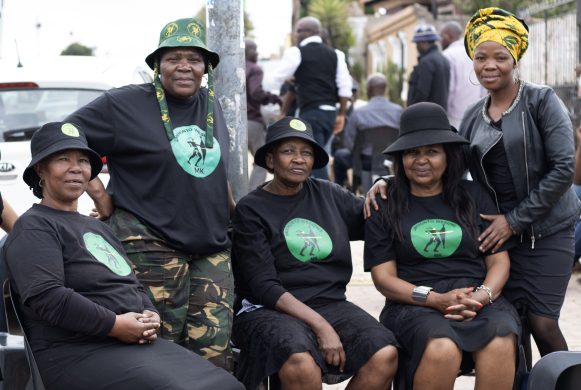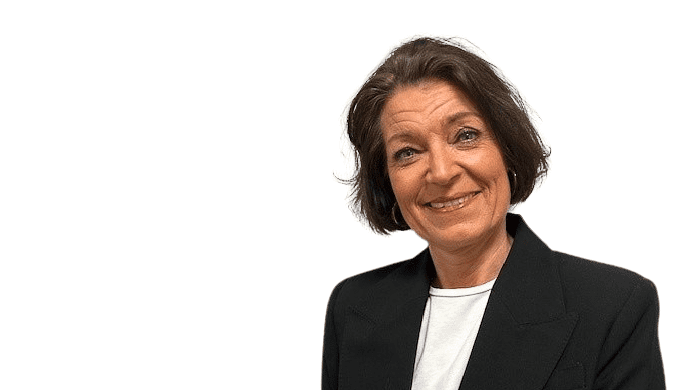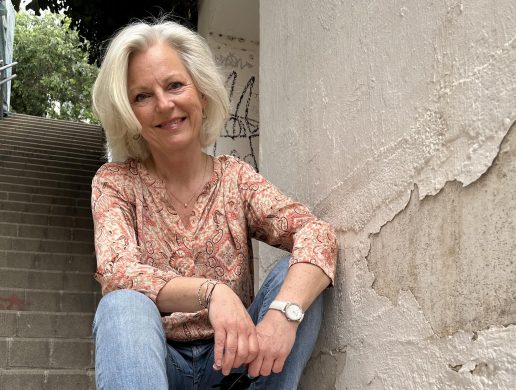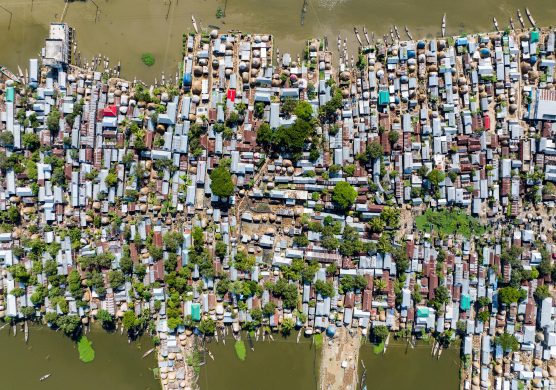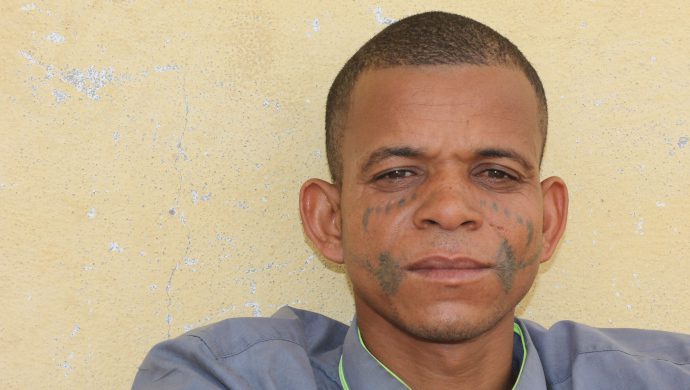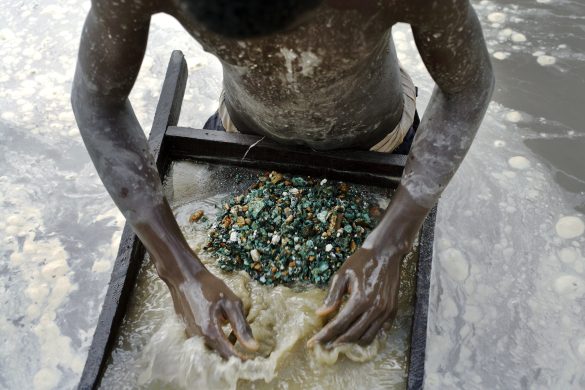Organisationen, mest kendt får det årlige møde, hvor politikere, erhvervsfolk og andre udvalgte diskuterer verdens tilstand, forudser at den voksende ulighed vil stå øverst på den globale dagsorden i 2015. Endnu et wake-up call, siger Oxfam.
GENEVA, 7 November 2014 (World Economic Forum): Deepening income inequality and jobless growth head the Top 10 trends for 2015, according to the Outlook on the Global Agenda, which is published today. These long-standing economic challenges are joined in this year’s survey by growing political and environmental concerns.
The trends are based on a survey of almost 1,800 experts from the Forum’s Network of Global Agenda Councils as well as other communities within the World Economic Forum on what they believe will preoccupy leaders over the coming 12-18 months.
The Top 10 Trends for 2015 are:
- Deepening income inequality
- Persistent jobless growth
- Lack of leadership
- Rising geostrategic competition
- Weakening of representative democracy
- Rising pollution in the developing world
- Increasing occurrence of severe weather events
- Intensifying nationalism
- Increasing water stress
- Growing importance of health in the economy
The prominence of inequality and unemployment at the top of the list signifies that they are viewed even more severely than in previous years, with stagnating wages contributing to a vicious cycle of entrenched inequality through suppressed growth and employment prospects.
However, economic challenges are not the only concern. Two trends that have not appeared in the Outlook since its launch in 2010 are the rise of geostrategic competition (4th) and intensifying nationalism (8th). This suggests both an increasing fragmentation of international politics and a backlash against globalization among populations.
The growing severity of these economic and political trends in the eyes of the Outlook survey respondents perhaps explains the rising prominence of Lack of Leadership as a trend for 2015. It has climbed from 7th last year to 3rd for 2015.
Miljø og klima på dagsordenen
However, the challenges facing leaders are not limited to economics and politics alone, but are also environmental. Experts flagged rising pollution in the developing world (6th), increasing occurrence of severe weather events (7th) and increasing water stress as severe concerns. All of them have the potential to inflict further social, economic and political instability globally.
Rounding out the Top 10 trends is an opportunity as well as a challenge. The increasing importance of health in the economy is indicative of the symbiotic link between a healthy population and a healthy economy.
It also highlights the difficulties many health systems face adapting to demographic change, rises in non-communicable diseases as well as the wider threat from pandemics and other outbreaks of infectious diseases.
However, it also represents an opportunity for leaders, with technology opening up possibilities for better, more cost effective healthcare, which could in turn lead to sustainable economic growth and greater prosperity.
“The global leadership crisis is a trend which cuts across all the other issues. The danger is that instead of innovating and collaborating to tackle shared challenges, nations and leaders will seek answers through isolationism, nationalist rhetoric and the old paradigms of geopolitical power play,” said Martina Larkin, Senior Director, Head of Global Knowledge Networks, World Economic Forum.
“Never before has the need to find new solutions to shared problems been so clear – if only we were able to organize ourselves more effectively. Today’s challenges, which are global in scope, heavily interlinked in nature and critical in urgency, will only be addressed through greater understanding and stronger collaboration by all stakeholders,” said Espen Barth Eide, Managing Director and Member of the Managing Board, World Economic Forum.
Kommentar fra Oxfam
Responding to the World Economic Forum’s Outlook on the Global Agenda, which places “Deepening Income Inequality” at the top of its list of concerns for world leaders in 2015, Kevin Roussel, Head of Oxfam International’s Inequality Campaign said:
“These findings are the latest wake-up call for world leaders to get to grips with the explosion in extreme inequality, which has resulted in 85 people owning as much as the poorest 3.5 billion people on the planet.
“The growing body of evidence that inequality is a threat both to prosperity and the fight against poverty demands that governments do more than merely wring their hands – they need to face down vested interests and take concrete steps to close the widening gap between rich and poor.
“Extreme inequality is not inevitable, there are a range of policy choices available, including ensuring companies and rich individuals pay their fair share in tax and investing the proceeds in health and education for the poorest.”
Se rapporten Outlook on the Global Agenda 2015.
Læs mere om World Economic Forum på organisationens netsted.







